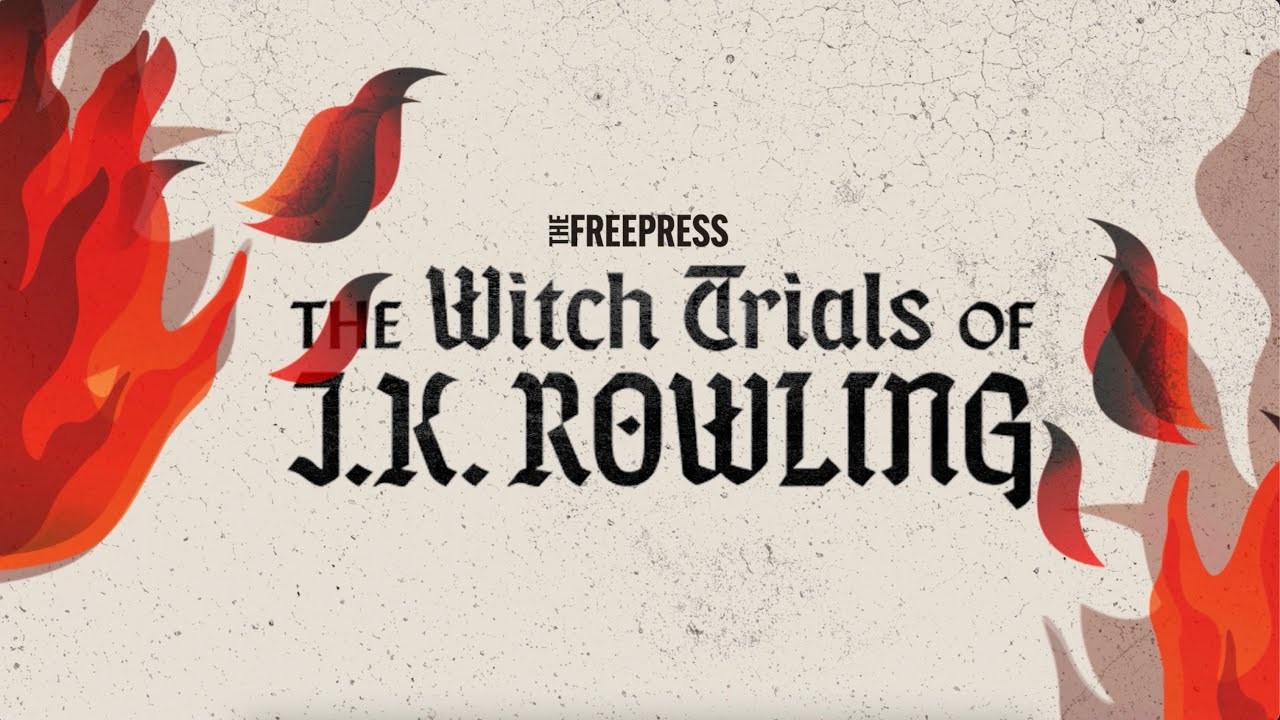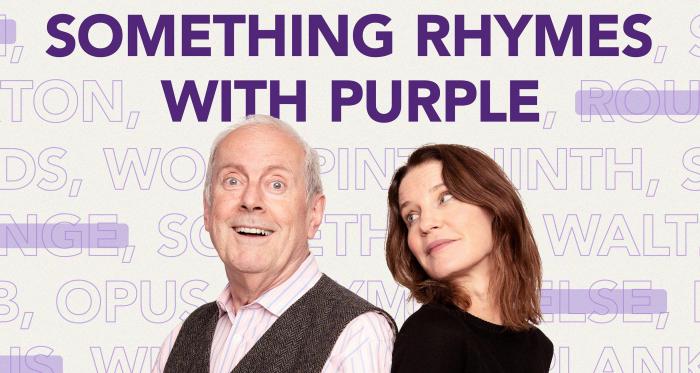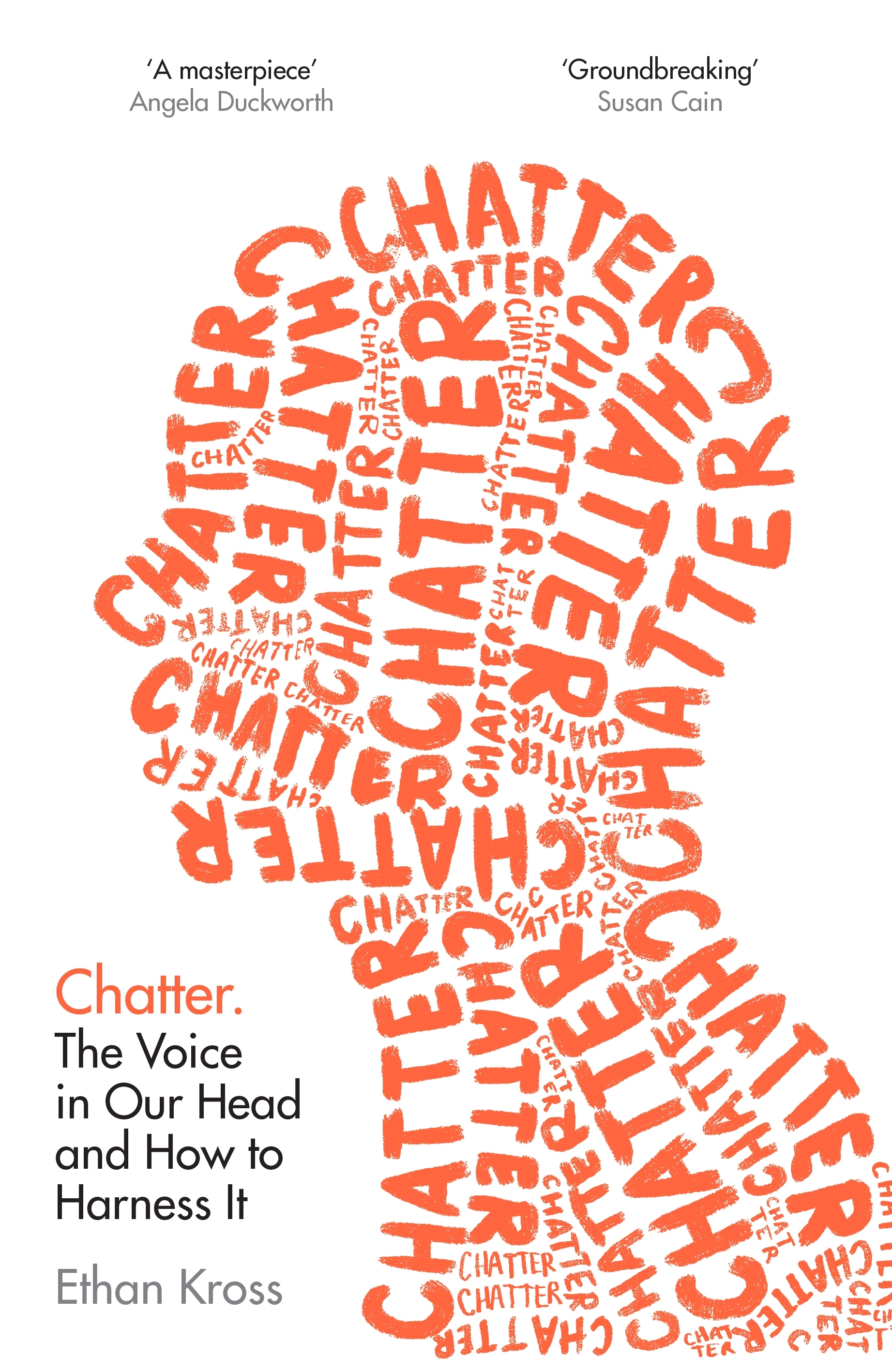- Desert Island Discs (BBC Radio 4) - This has been going since 1942 and is obviously a popular and simple format, which has lasted for more than 3,000. The host (currently Lauren Laverne) asks her guest (or 'castaway') what eight tracks, book and luxury item they would take with them if they were cast away on a desert island. There's one every week and I pick people who I think might have interesting stories to tell and suitably accompanying sounds (and I always cheer when someone picks You'll Never Walk Alone). Recent episodes to which I have listened include Cate Blanchett, Baz Luhrmann, Richard E Grant, Bono, Jon Ronson, Oti Mabuse, Deborah Levy, Richard Osman, Joanne Harris, Peter Schmeichel, Tracey Ullman, Baroness Hale of Richmond, Michael Holding, Alexei Sayle, Billie Piper, Professor Sir Simon Wessley, Dame Louise Casey, Mark Strong, Malala Yousaafzai, Tim Peake, and Simon Armitage.
- Limelight (BBC Radio 4) - Audio drama at its most thrilling. It began with The System, a six-part thriller about a group of young radicals and the hunt for their leader. When Jake signs up to a personal training program that promises to turn the meekest man-boy into an alpha male, he hasn't got a clue what he's getting himself into. Two years later his sister Maya sets out to uncover the truth (there has been a second season that I have not yet heard). The next drama was The House that Vanished, a real-life mystery from the West Coast of Ireland that does exactly what it says on the tin, and then there was Harland, a Halloween special in which a town has been built on the site of a medieval plague village abandoned 900 years ago. These are great and there are many more in store for your listening pleasure.
- Something Rhymes with Purple (A Somethin' Else and Sony Music Entertainment Production) - Gyles Brandreth and Susie Dent both have voices to which I could happily listen all day. They talk about words; their origins, development and meaning. Apparently it won the Gold Award for Best Entertainment Podcast at the British Podcast Awards 2020, so it appears plenty of other people enjoy these linguistic lessons about anything from clothing to food; travel to sport; professions to poetry and anything else that verbs your noun.
- That Peter Crouch Podcast (BBC Radio 5Live/ Acast) - Lads talk about football. They have got knowledge; their humour is a bit blokey, but they also have clout, and have 'blockbuster guests' including premier league referees, international coaches, past and present players, and Prince William. Ostensibly a guide on how to be a professional footballer, the episodes include insight on everything from dressing-rooms, transfers, managers, training, kits, analysis, and other details of the modern game. Peter Crouch (former professional footballer - one of 33 to have scored over 100 Premier League goals), Tom Fordyce (sports journalist and author) and Chris Stark (radio personality, co-presenter and executive producer) are a good mix and present an hour-long chat full of insight and anecdote. In what is being described as a 'mass exodus of talent from the BBC', Peter Crouch has just moved to Acast for an undisclosed sum - probably quite a high one considering That Peter Crouch Podcast was the fourth most popular podcast on BBC Sounds last year and the largest sports podcast at the BBC with 60 million listeners.
- The Witch Trials of J.K. Rowling (The Free Press) - No one knew who she was; she wrote some books; everybody knew who she was; she championed the underdog; lots of people loved her views; lots of people hated her views; these two groups of people hated each other; she made some comments about sex and gender; lots more people hated her, including some of the ones who had previously loved her; she mentioned her privilege in that the hate mail and death threats she received didn't bother her as much as they would some younger, more vulnerable people; she was vilified. 'Witch' is a word used for a woman who doesn’t submit to patriarchal power; someone who dares to take up space and live their lives outside their socially prescribed roles. Personally, I am proud to be a witch, and I do not think that the sex/gender debate is 'binary'. Critical feminists and trans-right activists actually have a lot in common if they put the mental and physical safety of the individual first; and stridently conducting TERF wars is not helping anybody. I'm four episodes in to the seven-episode podcast series by Megan Phelps-Roper featuring extensive interviews with J.K Rowling and with several of her critics, supporters and readers. Billed as 'probably one of the most controversial podcasts of 2023 so far', it is undeniably well-made and hugely listenable, and will surely just fan those flames even higher.
Friday, 17 March 2023
Friday Five: Podcast Update
Tuesday, 14 March 2023
I Hear Voices: Chatter
Talking to others and sharing events can be helpful. It can ‘normalise’ an experience and help a person appreciate that they are not alone. But Kross cautions that we use this sharing function with care and choose the people to whom we discuss issues on a strategic basis. If we rant at our friends about ourselves all the time, they will become disillusioned and uninterested, and feel they have not been heard or supported.
It is important to be able to share, and our support networks are crucial, but if we overshare, not only are we likely to annoy others, we can get caught in a self-destructive feedback loop, especially if we choose the ‘wrong’ people. “Other people can be a tremendous asset, but more often than we realise, they can be a liability too.” While talking about adverse events, we can focus more on the need to repeat and be heard than the need to address the issue and move on.
This process is called co-rumination in which we seek validation from others and it is harmful because, “when we’re upset, we tend to overfocus on receiving empathy rather than finding practical solutions.” While this may briefly feel good, it isn’t useful in the long-term. Naturally, this creates a vicious cycle and one in which it is easy to get stuck. And nowhere does this have greater effect than on social media, which has given us a much wider audience.
One of the ways we can manage these emotions and internal voices is to
distance ourselves from them through mental time travel or the simple technique
of journaling. Asking people to write about their most upsetting negative
experiences for fifteen to twenty minutes leads them to feel better, visit the
doctor less, and have healthier immune function. “By focusing on experiences
from the perspective of a narrator who has to create a story, journaling
creates distance from our experience. We feel less tied to it.”
Mental, physical and emotional welfare can be improved by simply getting
out into nature. As well as the health benefits of fresh air and exercise, this
is also due to experiencing the phenomenon of awe: “the wonder we feel when we
encounter something powerful that we can’t easily explain.” It can be
instigated by viewing a sunset or a mountain range and it is considered a
self-transcendent emotion in that it allows people to think and feel beyond
their own needs and wants.
Marie Kondo fans would be pleased to hear Kross state that imposing
order on our environment can help reduce anxiety by getting rid of clutter. “The
fascinating thing about seeking compensation for chaos in one area (that is,
our minds) by creating order in another (that is, the physical environment) is
that it doesn’t even have to have anything to do with the specific issue that
is throwing off our inner voice.” It’s a relatively easy thing to tidy a desk,
and it can have a highly positive result. Imposing order on situations is the
function of rituals, which have a crucial underlying purpose. They reiterate
the values of our community and help us to transcend our own concerns,
connecting us with forces larger than ourselves.






